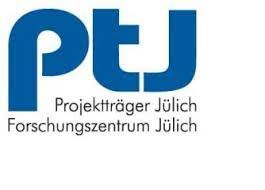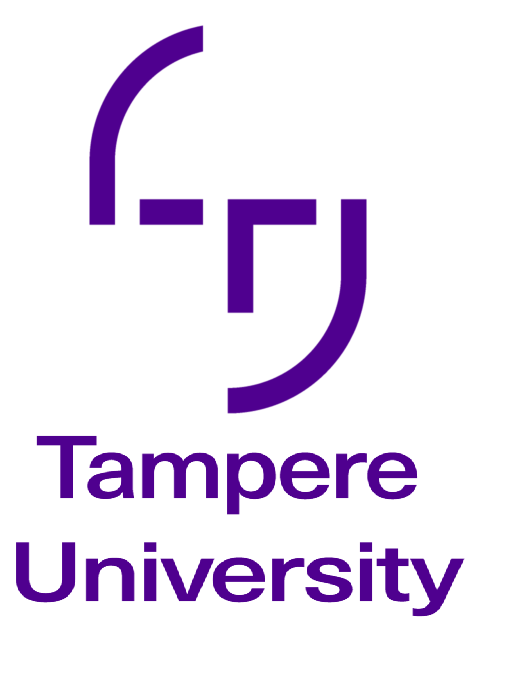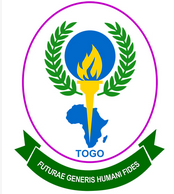LEDSOL: Clean and Sustainable Water through Intelligent UV/LED Disinfection and Solar Energy Use
Project Duration: May 2022 - April 2025 Energy is the engine for national development and photovoltaics is the most promising renewable energy (RE) technology in terms of availability and cost efficiency. At the same time, access to clean drinking water is also the basis for economic, social and cultural development and improved education levels in many regions of the world.
Energy is the engine for national development and photovoltaics is the most promising renewable energy (RE) technology in terms of availability and cost efficiency. At the same time, access to clean drinking water is also the basis for economic, social and cultural development and improved education levels in many regions of the world.
The LEDSOL project aims to use renewable energy to produce clean drinking water in remote regions. The basis for this is a technology for UV/LED disinfection in combination with classic decontamination. The system is powered by lightweight, flexible solar cells and is designed to fit into a self-powered backpack, thus providing people in remote areas without electricity with an easy-to-use and low-cost technology for reliable water purification. The LEDSOL project follows a user-centred design approach, in which user needs and user satisfaction play a significant role in the technology development. The requirements for the conception and design of the portable water purification system are empirically elaborated with the help of qualitative methods of social research during research trips to the partner countries Togo and Algeria. In addition, the pilot phases for testing and demonstrating the LEDSOL technology will be accompanied and evaluated from a social science perspective. In addition to involving the users, a sustainable transfer strategy is being developed in the project so that this system can make an important contribution to drinking water supply in the future.
A multidisciplinary project consortium with research partners from Europe and Africa is developing the LEDSOL system on behalf of the European Commission as part of the LEAP-RE Cofund Call. Besides the Saarbrücken Institute for Social Research and Social Economy (iso), the partners of the Centrul IT pentru Stiinta si tehnologie SRL in Romania (CITST) are involved, Tampere University in Finland (TAU) and the African partners of the Laboratory of Applied Hydrology and Environment of University of Lomé (LOME), Togo and the Unité de Développement des Equipements Solaires /EPST- Centre de Développement des Energies Renouvelables (UDES / EPST- CDER) based in Tipaza, Algeria.
Project Duration:
May 2022 – April 2025
Contracting Authority:
Bundesministerium für Bildung und Forschung (BMBF) (German Federal Ministry of Education and Research (BMBF))
Project Owner:
Jülich Project Management Agency
Grant Authorities:
Bundesministerium für Bildung und Forschung (BMBF) (German Federal Ministry of Education and Research (BMBF))
Funding Measure:
LEAP-RE Cofound Call 2021 – Europe-Africa Research and Innovation Call on Renewable Energy
Project Lead:
Further Information:
Publications:
Lohan, E. S.; Bierwirth, K.; Kodom, T.; Ganciu, M.; Lebik, H.; Cramariuc, O.; Mocanu, I. (2023): Standalone Solutions for Clean and Sustainable Water Access in Africa Through Smart UV/LED Disinfection, Solar Energy Utilization, and Wireless Positioning Support. In: Journal of IEEE Access, Vol. 11 (Institute of Electrical and Electronics Engineers). [Article] [Download]
Mocanu, Irina; Cramariuc, Oana; Bierwirth, Kathrin; Lebik, Hafida; Barthélémy, Mecklin, Max (2022): Fostering Transnational Research, Innovation and Education Through an International Europe and Africa Collaboration Project. Sevilla, Spanien: 15thAnnual International Conference of Education, Research and Innovation. ICERI2022 Proceedings. ISBN: 978-84-09-45476-1





